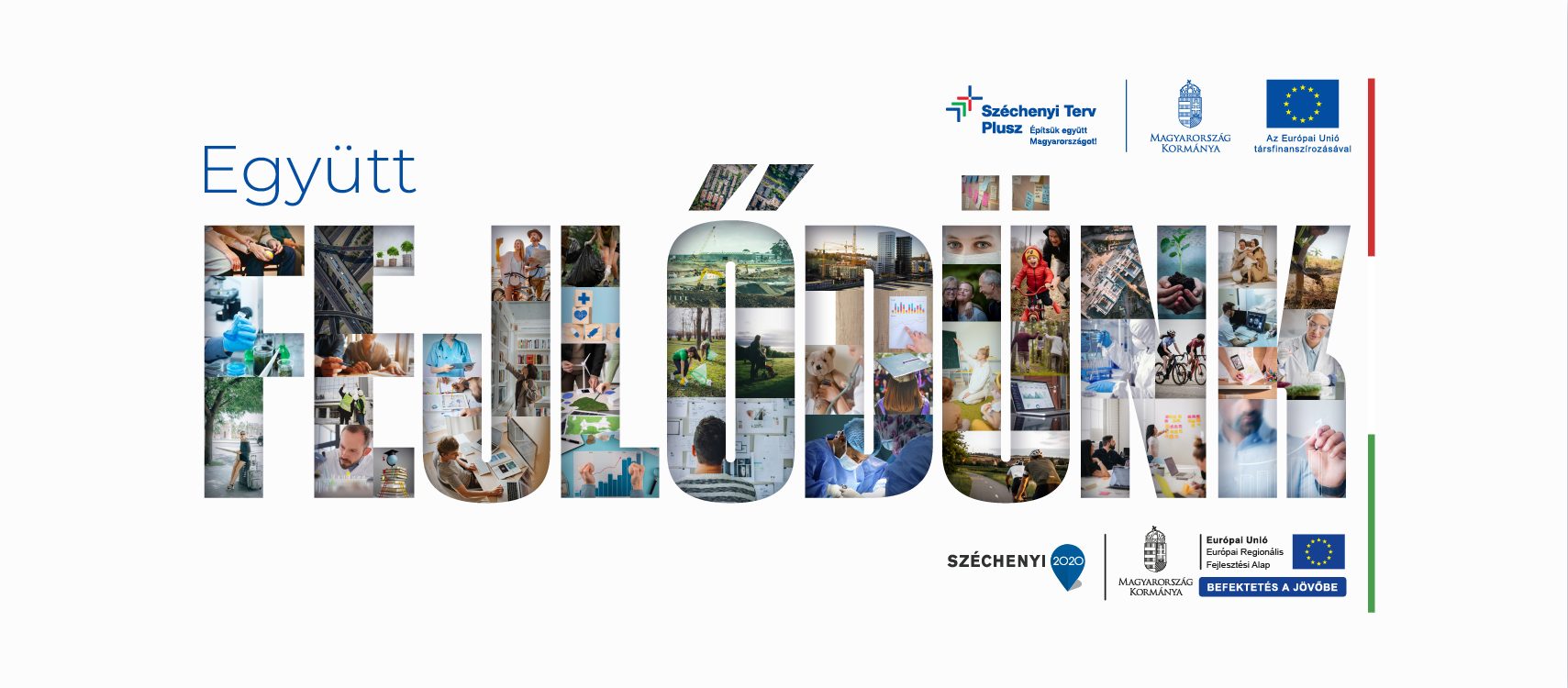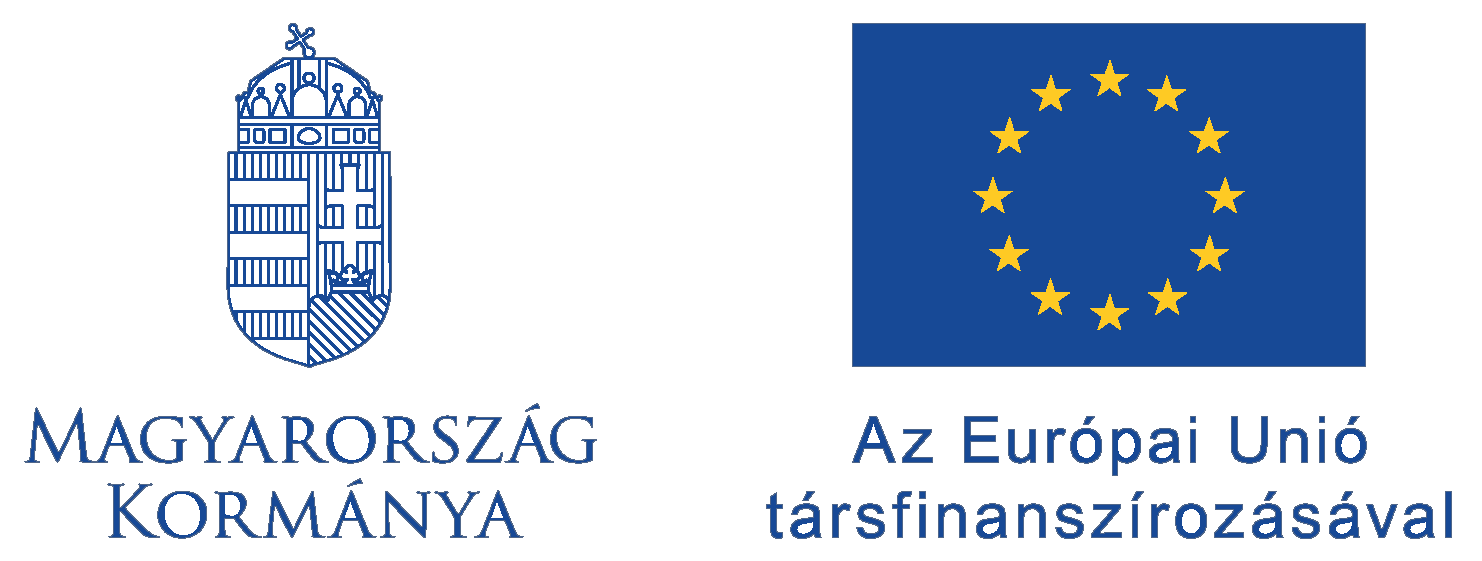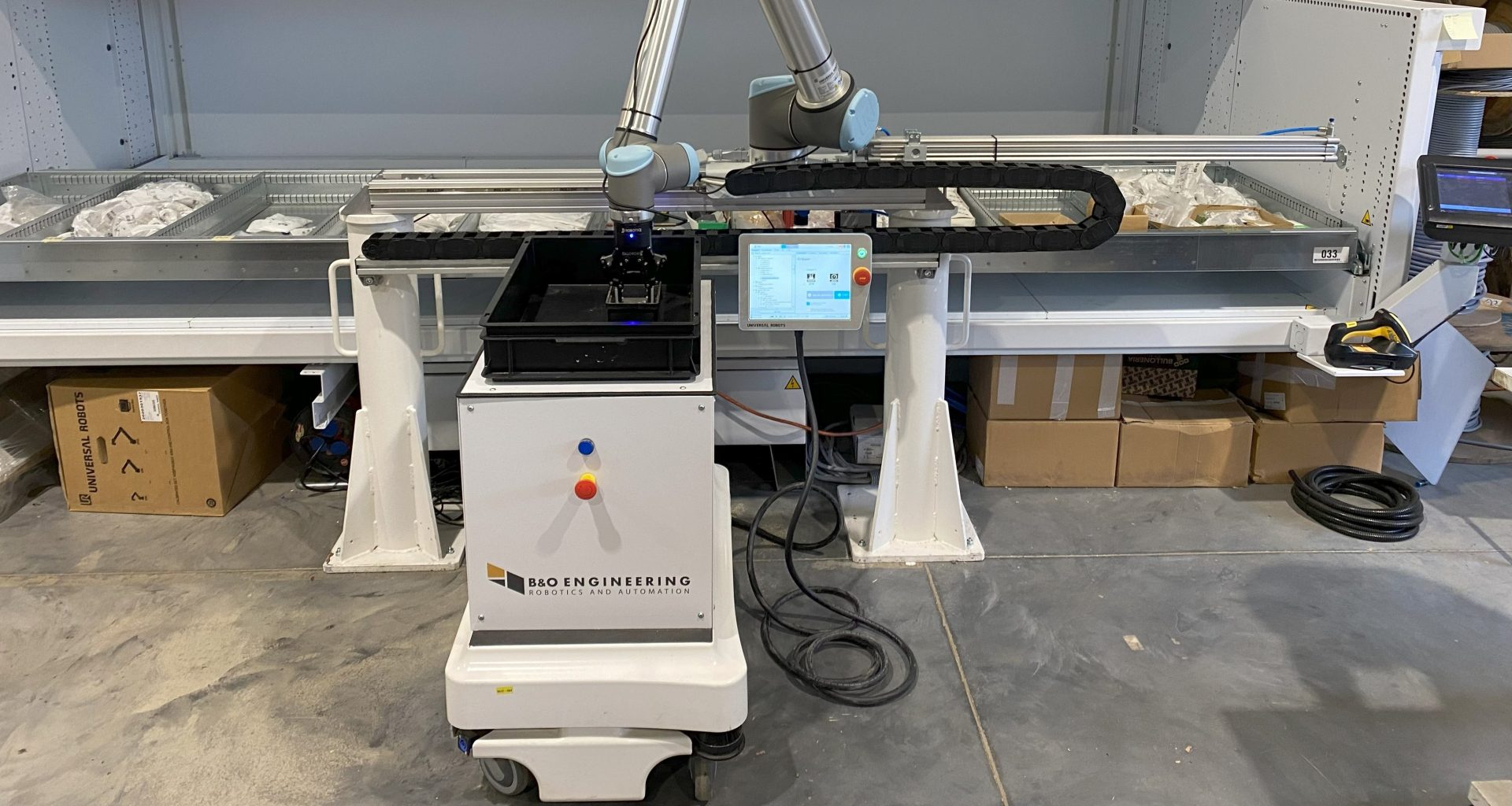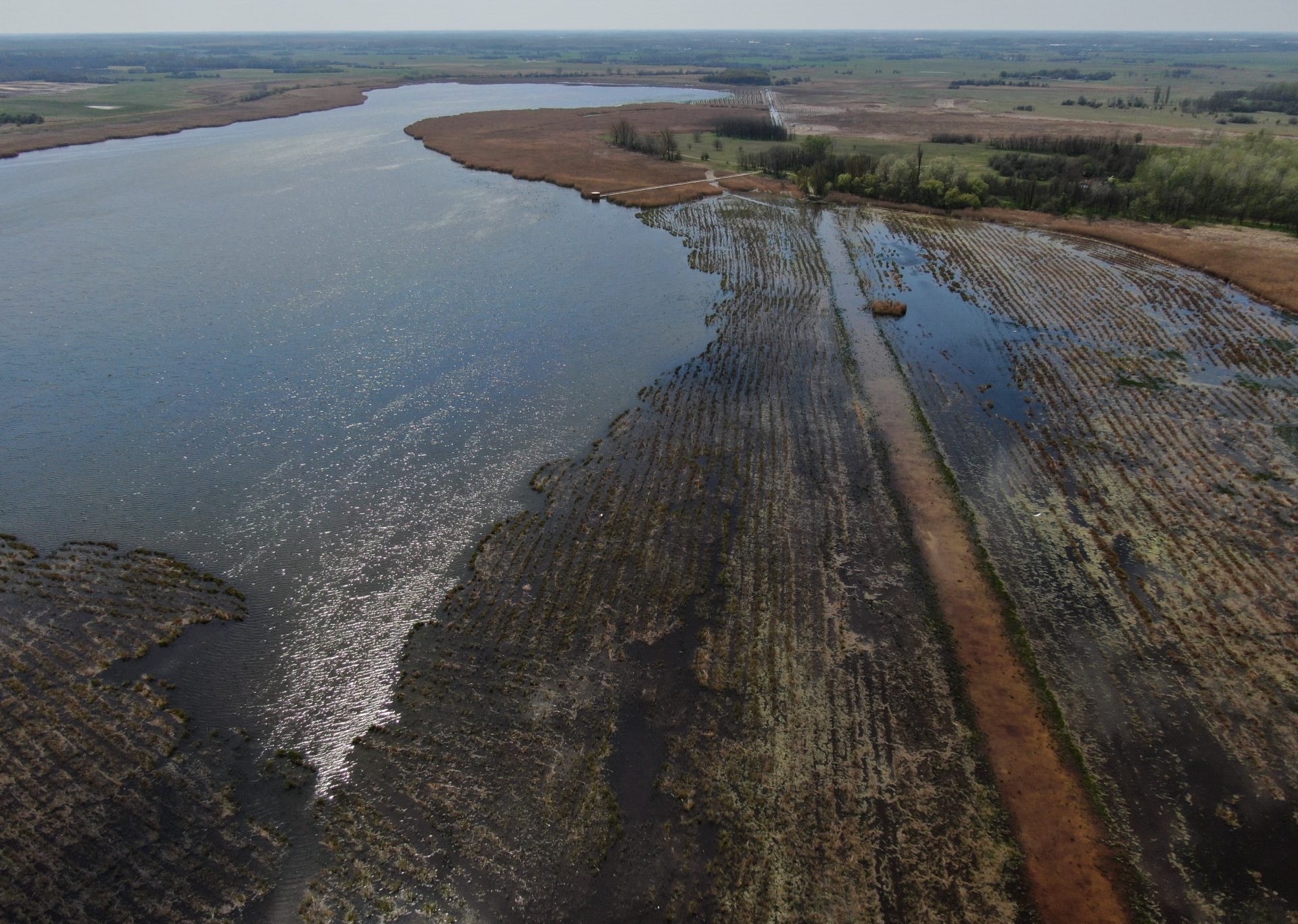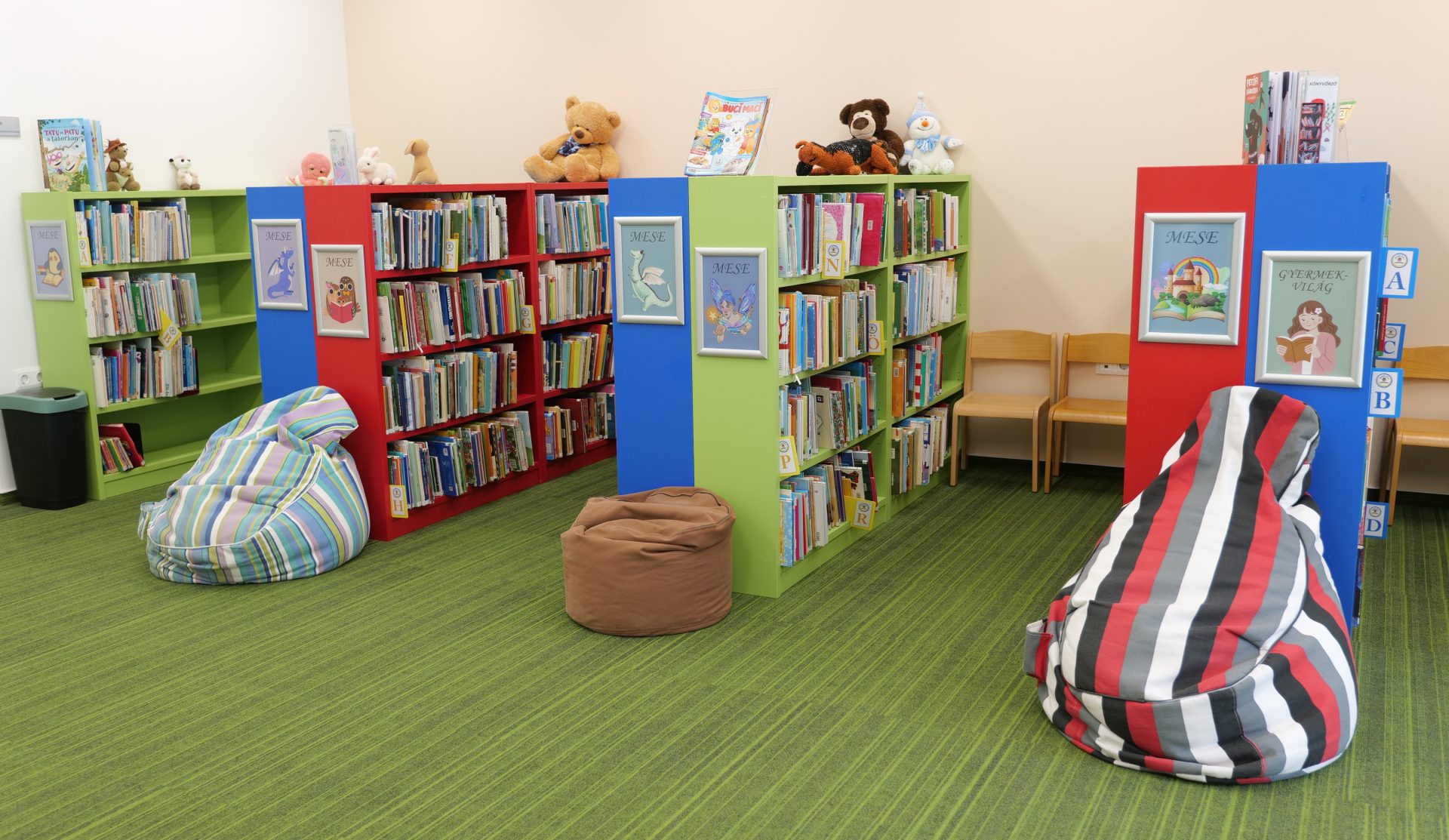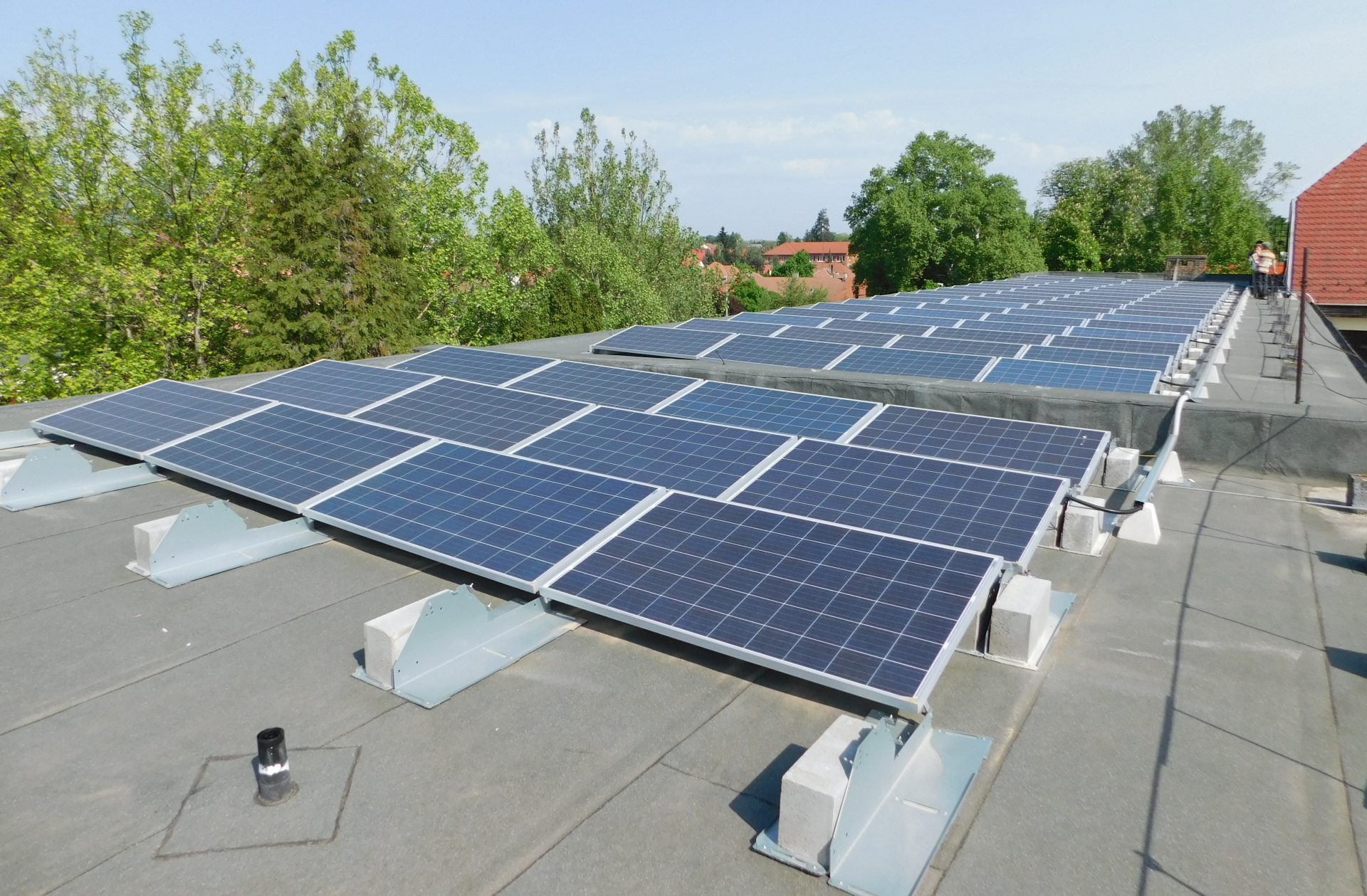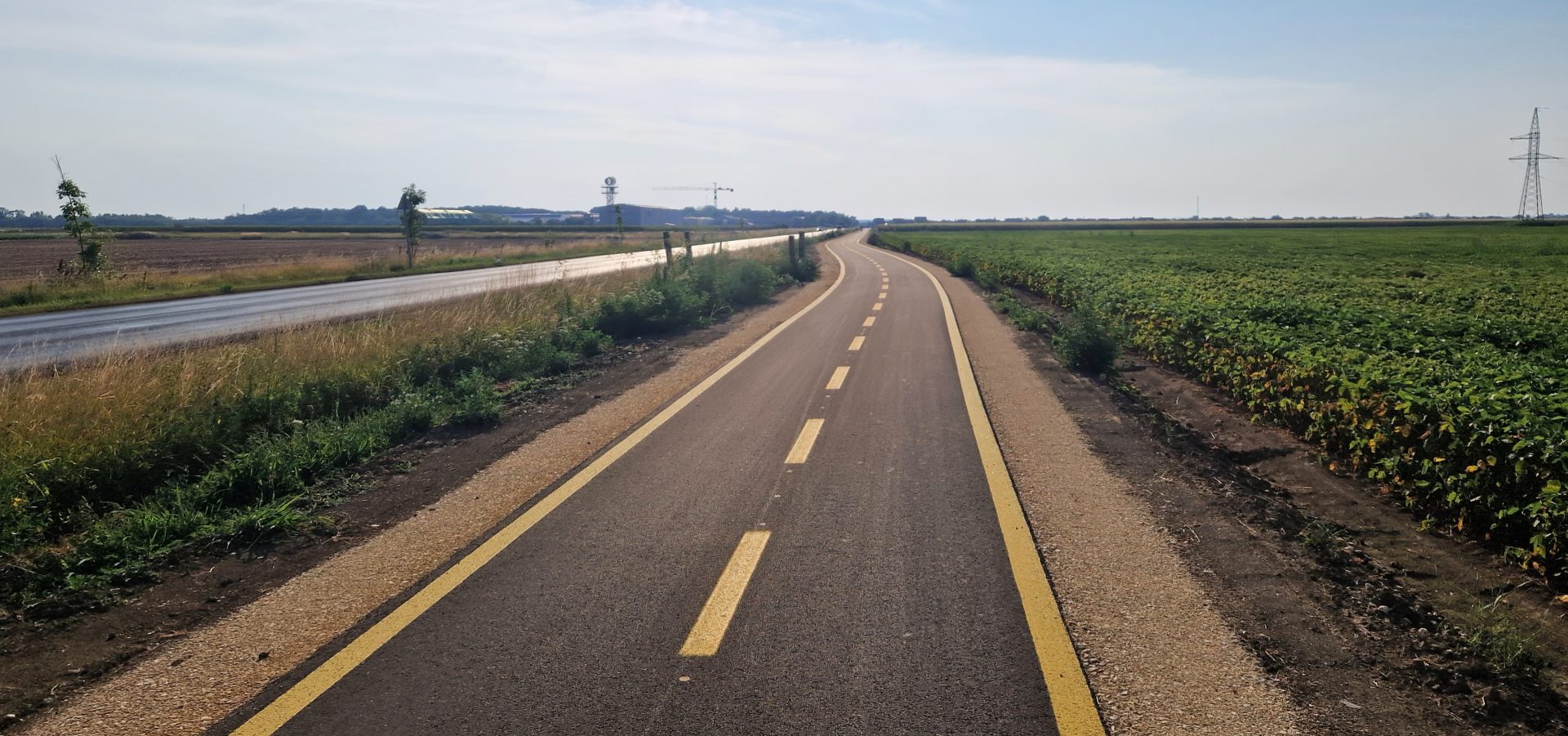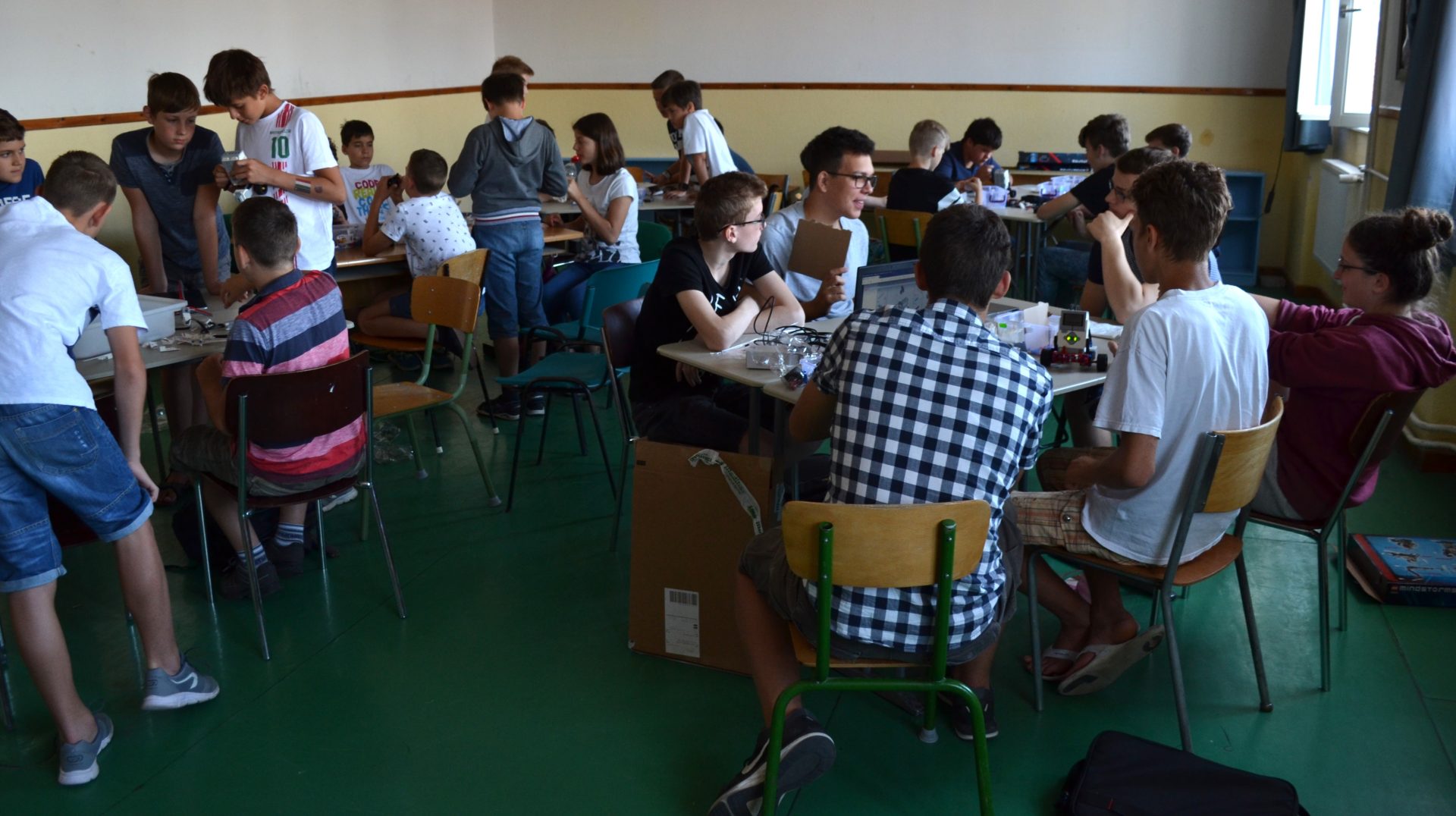The Accelerate GDT Project, conducted under the auspices of Interreg Europe, held its fourth partner meeting in Budapest, where the role of cluster managers in promoting the EU-level green and digital transition was discussed.
The cluster is a grassroots interest group built on the partnership of member organizations operating in similar fields and thus facing similar challenges, which can effectively provide joint representation. However, the cluster is more than just an interest advocacy association: it is an organization for knowledge and information sharing and extensive collaboration. It is defined by its sectoral commitment to strengthen cooperation and unite stakeholders within the industry.
The creation, sustainability, and operation of strong and efficient clusters, and thus clustering in Hungary, have been supported for decades by domestic EU economic development operational programs. The Economic Development and Innovation Operational Programme (EDIOP) and its successor, EDIOP Plus, also keep clusters in focus, supported by the Cluster Development Strategy, which developed in the meantime and extends until 2030. The international cooperation of clusters and the transfer of member state experiences are essential conditions for successful operation, which also serve the EU economy.
The Accelerate GDT Project is a cross-border initiative led by the Irish Munster Technological University (MTU), with partners from eight other countries participating. The goal of the project is to better coordinate cluster policies among EU member states to promote economic recovery, increase regional resilience, and support the growth of green and digital sectors. The conference primarily examined the role of cluster managers in facilitating the green and digital transition, which, according to the concept, needs to be accelerated among small and medium-sized enterprises, thereby increasing their competitiveness in regional and national clusters. The current partners’ meeting was held to strengthen cooperation between clusters and to find more effective business solutions in sustainability and digitalization. European partners and experts were able to share their experiences and good practices and also seek new collaboration opportunities to achieve the project’s goals.
The partner meeting included several roundtable discussions and presentations showcasing best practices, where German, Irish, Spanish, Czech, Hungarian, Austrian, Italian, and Ukrainian experts shared their experiences on circular economy, cybersecurity, industrial digitalization, and sustainable cluster relations.
(Source: palyazat.gov.hu)
